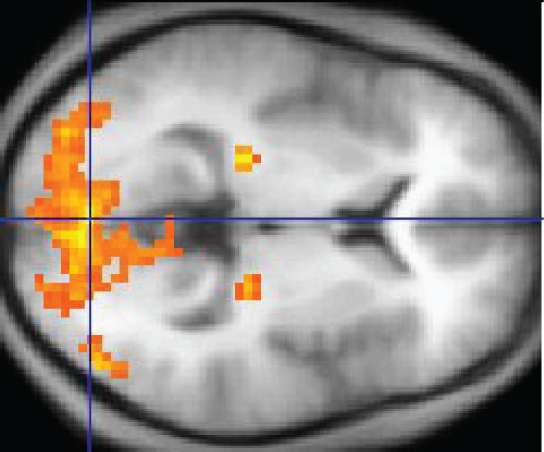A study, published in the journal Nature, led by Associate Professor Thomas Yeo from the Center for Sleep and Cognition, Yong Loo Lin School of Medicine, National University of Singapore (NUS Medicine), now offers a clear answer: 30-minute functional MRI (fMRI) scans deliver up to 22% in cost savings while still retaining or even improving prediction accuracy.
Traditional thinking in neuroscience emphasizes collecting massive datasets by scanning thousands of people for brief durations, usually around 10 minutes for fMRI. AI models can then be trained to use the brain scans to make predictions of individual-level traits or outcomes. These traits and outcomes might include cognitive abilities (e.g. memory, executive function), mental health indicators and clinical outcomes (e.g. risk of Alzheimer’s disease).

